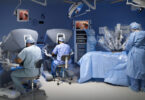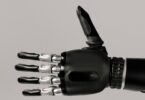For the diagnosis of skin cancer, specialists in the subject created a deep learning algorithm, evaluated it and compared it with the performance of several certified dermatologists. As reported in Nature, the algorithm equaled the ability of physicians to correctly identify malignant and benign lesions. This represents a demonstration or computational modeling of a biological process; a prospective real-life study in patients will be necessary to clinically validate the high precision of the deep learning algorithm. Innovators hope that it can be moved to mobile devices and that visual diagnostic technology is used in other fields as well.
These and other innovations are now possible in Pharmamedic.








